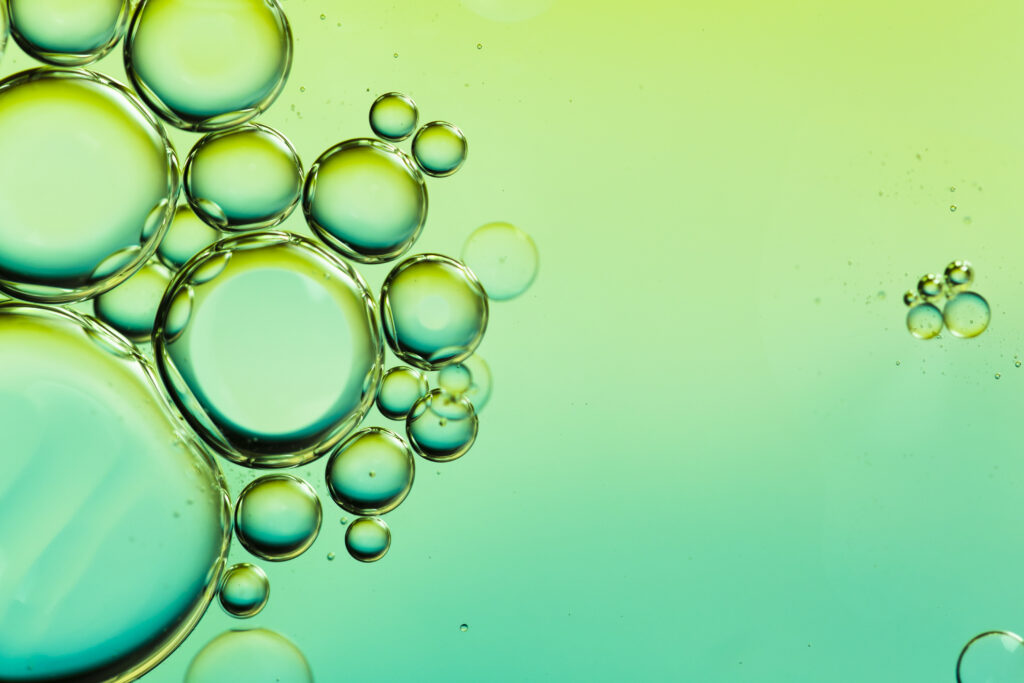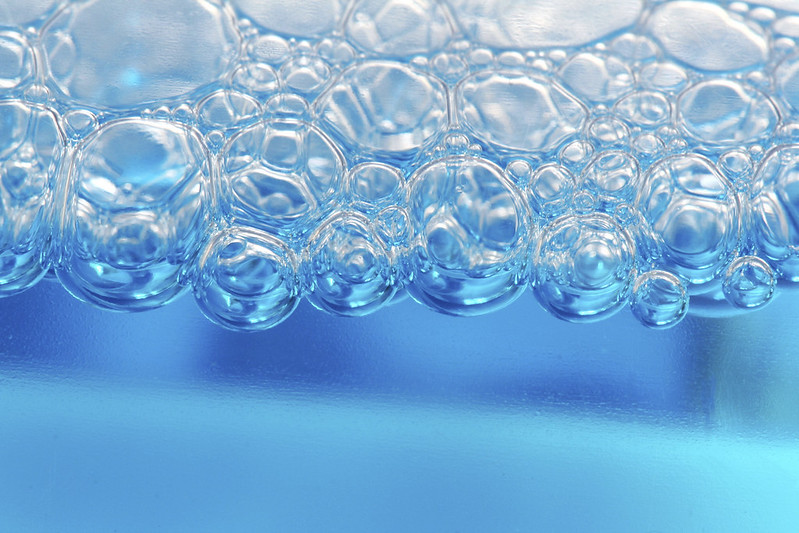Defoamers: Essential Tools for Enhancing Efficiency in Cleaning Products
Defoamers: Essential Tools for Enhancing Efficiency in Cleaning Products
Blog Article
The Role of Defoamers in Enhancing Product High Quality and Efficiency
In different making procedures, the visibility of foam can substantially impede item high quality and operational efficiency. Defoamers work as necessary additives that mitigate this concern, making certain smoother manufacturing process while enhancing the visual and functional characteristics of the end products (defoamers). Their application covers a wide variety of industries, from food and drink to pharmaceuticals, where uniformity and integrity are critical. Nonetheless, the option of the appropriate defoamer can be important to achieving optimum results, elevating crucial questions concerning solution compatibility and efficiency metrics that merit more exploration.
Recognizing Defoamers
Comprehending the duty of defoamers is important for preserving item quality across numerous industries. Defoamers are chemical additives made to decrease and prevent the development of foam in fluid systems, which can detrimentally impact procedures such as mixing, filling up, and surface tension. Foaming can cause inefficiencies, item problems, and compromised visual allure, making defoamers a crucial part in producing procedures.
In industrial applications, defoamers assist to enhance product consistency and security. The efficient usage of defoamers not just makes certain smoother manufacturing processes however likewise contributes to remarkable item efficiency.
In addition, the choice and formula of a defoamer should align with details application needs, such as compatibility with various other components, performance under varying temperature and pH conditions, and potential regulatory constraints. Inevitably, recognizing defoamers' features and their relevance in numerous solutions is vital for maximizing manufacturing and making certain the greatest high quality output.
Kinds Of Defoamers
Defoamers can be categorized right into several kinds based on their make-up and system of activity. The main types consist of silicone-based, non-silicone organic, and inorganic defoamers.
Silicone-based defoamers are amongst the most efficient, primarily due to their capacity to spread rapidly on the fluid surface and interfere with foam development. Their distinct chemical framework permits exceptional stability, making them suitable for high-temperature applications and atmospheres with varying pH degrees.
Non-silicone organic defoamers, frequently made up of fatty acids or natural oils, are valued for their biodegradability and lower toxicity. These are generally utilized in food and beverage applications where security and environmental influence are paramount.
Not natural defoamers, that include compounds like talc or calcium carbonate, act by raising the density of the liquid, consequently reducing foam stability. They are commonly utilized in industrial procedures where compatibility with other materials is not a worry.
Each sort of defoamer has unique benefits and restrictions, allowing for customized solutions depending upon the details foaming problems experienced in different applications. Comprehending these differences is crucial for enhancing efficiency and attaining preferred item high quality.
Applications Throughout Industries
Various industries utilize defoamers to boost product top quality and functional effectiveness. In the food and drink industry, defoamers are important in processes such as developing and dairy products production to avoid foam formation, which can lead to inefficiencies and item variance. By controlling foam, manufacturers can make certain far better yield and a more consistent item.
In the pharmaceutical sector, defoamers play an essential duty in the formulation of liquid medications, where excessive foam can hamper mixing and exact application. Their use assists preserve the stability of the solutions and promotes smoother manufacturing processes.
The paint and coatings market also relies upon defoamers to boost the performance of products during application. By decreasing foam, these additives ensure a smoother surface and boost the aesthetic top qualities of the end product.

Advantages of Using Defoamers
While the application of defoamers differs across sectors, their benefits constantly boost item quality and process performance. One substantial benefit is the decrease of foam formation during manufacturing processes, which can otherwise result in production hold-ups and inconsistencies in item top quality. By minimizing foam, defoamers make it possible for a try this web-site smoother circulation of materials, helping with much more efficient procedures and minimizing the possibility of equipment malfunctions.
Additionally, using defoamers can boost the appearance and texture of end products. In industries such as layers, paints, and food handling, too much foam can endanger the visual looks and general high quality, while the proper defoamer application makes sure an uniform finish and preferable features. In addition, defoamers can add to set you back financial savings by lowering waste throughout manufacturing and enhancing using resources (defoamers).

Choosing the Right Defoamer
Choosing the ideal defoamer is critical for optimizing manufacturing procedures and making certain item top quality. The selection of defoamer affects not just the efficiency of foam control however additionally the overall performance qualities of the final product. Aspects to consider include the sort of application, the chemistry of the formula, and the ecological conditions under which the item have a peek at this site will certainly be used.
Various industries may call for specific defoamer kinds, such as silicone-based, organic, or polymeric defoamers. Comprehending the compatibility of the defoamer with the key active ingredients is vital to stay clear of damaging reactions that can endanger item integrity. Furthermore, the defoamer's effectiveness in numerous temperature levels and pH levels must be evaluated to make certain constant performance.
Evaluating the defoamer in small applications can offer beneficial understandings into its efficiency and suitability. Factor to consider of governing compliance, especially in food, pharmaceuticals, and cosmetics, is paramount in picking a defoamer. Eventually, a detailed evaluation of these aspects will bring about the choice of a defoamer that not only controls foam effectively yet additionally improves the high quality and efficiency of the end product.
Verdict

In final thought, find out this here defoamers are crucial additives that substantially boost product top quality and efficiency across different industries. The strategic choice and application of defoamers lead to set you back financial savings, enhanced resource usage, and enhanced client complete satisfaction.
Foaming can lead to inefficiencies, item flaws, and compromised aesthetic allure, making defoamers an essential part in producing operations.

Report this page